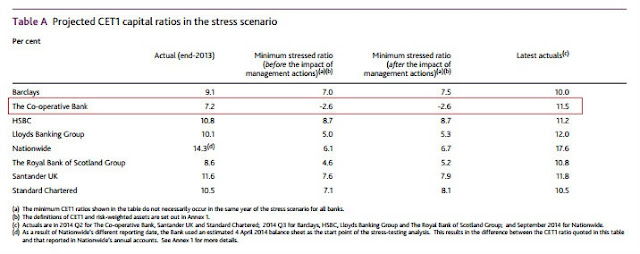PQE, inflation and the problem of voter power

I have repeatedly said that I do not support Jeremy Corbyn's "People's QE". But there seems to be considerable confusion about what exactly I oppose. And that is for one simple reason: the deliberate conflation of government investment spending and QE by the architect of this scheme. PQE is composed of two separate and distinct strands: 1. Government spending to finance investment in infrastructure, innovation, R&D and housing 2. Bank of England purchases of government bonds. Despite the insistence of the scheme's creator that one is impossible without the other, these two strands are actually not interdependent. In fact they are unconnected. As the UK is a member of the EU and a signatory of the Lisbon Treaty, it is not possible for Strand 1 to be directly financed with money from the Bank of England. But there is nothing to stop the government issuing "Corbyn bonds" to the UK private sector for Strand 1, either directly it...





